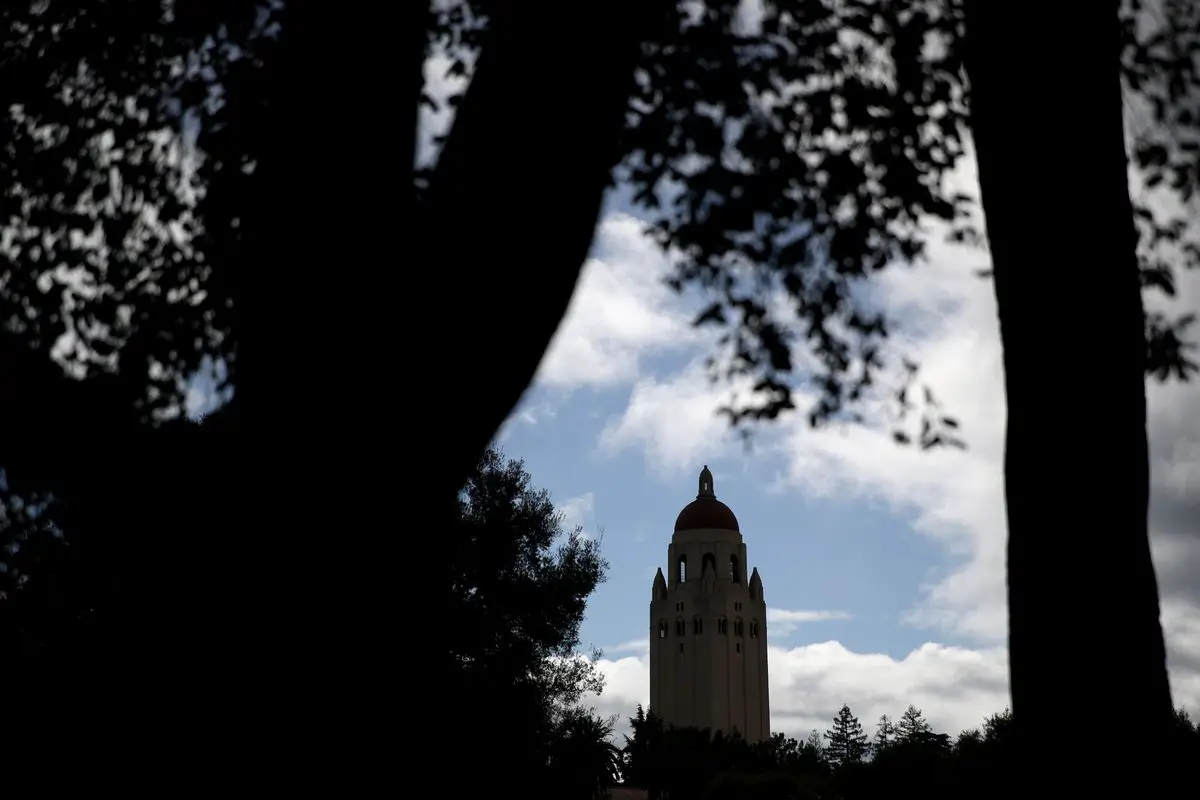Anyone who pursuing a higher education knows how taxing the college admissions process can be. Common Apps, GPAs, essays, standardized test scores and recommendations are just a few of the hoops high school seniors have to jump through on their journey to college. Even with perfect stats, the process can be biased and seemingly random, with top elite schools only accepting about 10 percent of students and the Ivy League acceptance rate being closer to 5 percent.
The college admissions process is already biased toward wealthy white students, and the recent Hollywood scandal made it clear that, although colleges have become more diverse, white privilege still plays a huge role in the process.
On March 12, media outlets erupted with stories of a recent college admissions scandal. Federal prosecutors have called it the “largest college admissions scam ever prosecuted by the Department of Justice,” according to The New York Times. Prosecutors charged 50 people, including 33 parents, who scammed the admissions system in order to secure spots for their children at top colleges. High-profile parents include actresses Lori Loughlin and Felicity Huffman.
Others charged include William Singer, a consultant who’s considered scandal’s ringleader, and multiple athletic coaches at these schools. Many of the students got into these colleges due to their parents bribing coaches with thousands of dollars to pretend they were stars of a sport they had never played, which cost one family $1.2 million. Other students pretended to have a learning disability in order to take standardized tests with a complicit proctor who ensured their scores were high enough.
Doctored images, made-up achievements and edited test scores were all part of the college admissions scandal. Parents wired money into Singer’s account disguised as charitable donations, which allowed them to claim tax deductions. In some cases, the students themselves were in on the fraud, but for some, it came as a complete shock.
As a result of the prosecution, Singer has pleaded guilty to counts of racketeering conspiracy, money laundering conspiracy, conspiracy to defraud the United States and obstruction of justice in federal court. Many parents were charged with conspiracy to commit mail fraud and honest services mail fraud. Coaches wrapped up in the scandal have been fired or placed on leave indefinitely.
Although no students have been criminally charged, some are facing other consequences. At USC, where Lori Loughlin’s two daughters attend school, those involved in the scandal are currently under review by administration. This prevents these students from registering for classes or acquiring transcripts while their case is under review.
Olivia Jade, one of Loughlin’s daughters who is also a YouTube influencer, has been dropped by sponsors Sephora and TRESemmé. She has also been in the spotlight recently due to past YouTube videos where she admits that she only wanted to attend college to go to parties and tailgates, claiming she did not have enough time to attend class.
What this recent controversy shows us is how biased the admissions process still is, even though more people from different backgrounds and identities are attending college than ever before. The parents of these students were able to bribe others due to their affluence, taking spots away from hardworking students who didn’t partake in bribery, or cheat their way in.
Wealthy white families and students already have many advantages over others when it comes to the college admissions process. Those who can afford to send their children to private schools, hire tutors and enroll them in standardized test prep have better chances of getting their students into elite colleges.
Children of high-powered alumni often sail by even if they don’t have high scores or would otherwise stand out in the application process. These students often don’t have to work for their tuition and application money, and instead spend their time playing sports or engaging in other extracurricular activities.
A recent study conducted by Opportunity Insights found that 38 top colleges enrolled more students whose families are among the top 1 percent of income earners than from the entire bottom 60 percent, and children whose parents are in the top 1 percent of earners are 77 times more likely to attend an Ivy League college than those whose parents are in the bottom income quintile. Cheating and fraud aside, wealth and white privilege play a large factor in who gets to attend college and who doesn’t.
This recent crime comes in the wake of the T.M. Landry Prep School scandal, where Tracey and Michael Landry were accused of allegedly doctoring their predominantly black, working class students’ transcripts and inventing stories about them in order to get them accepted into Ivy League colleges. The Landrys relied on black stereotypes to sell stories to diversity-hungry colleges and fostered a culture of fear in students by being physically and emotionally abusive.
These stories beg the question: How far will parents and educators go to get students into elite colleges? The admissions process is already rigged to help those with privilege, but this recent news shows that there’s more going on behind the scenes than most people realize. Now, these families will likely pay a price much steeper than what they initially paid to get into these colleges, and it will likely follow them for the rest of their lives.
In a country where the amount of students heading to college increases each decade and bachelor’s degrees are decreasing in value, those with the funds are desperate to do anything to get their children ahead in life. The irony is that most of these students are already ahead in life, and shouldn’t need their parents to scam their way into college, as they have all the resources to get in on their own. Hopefully, sometime in the near future, there will be true diversity and equality in the college admissions process.
















